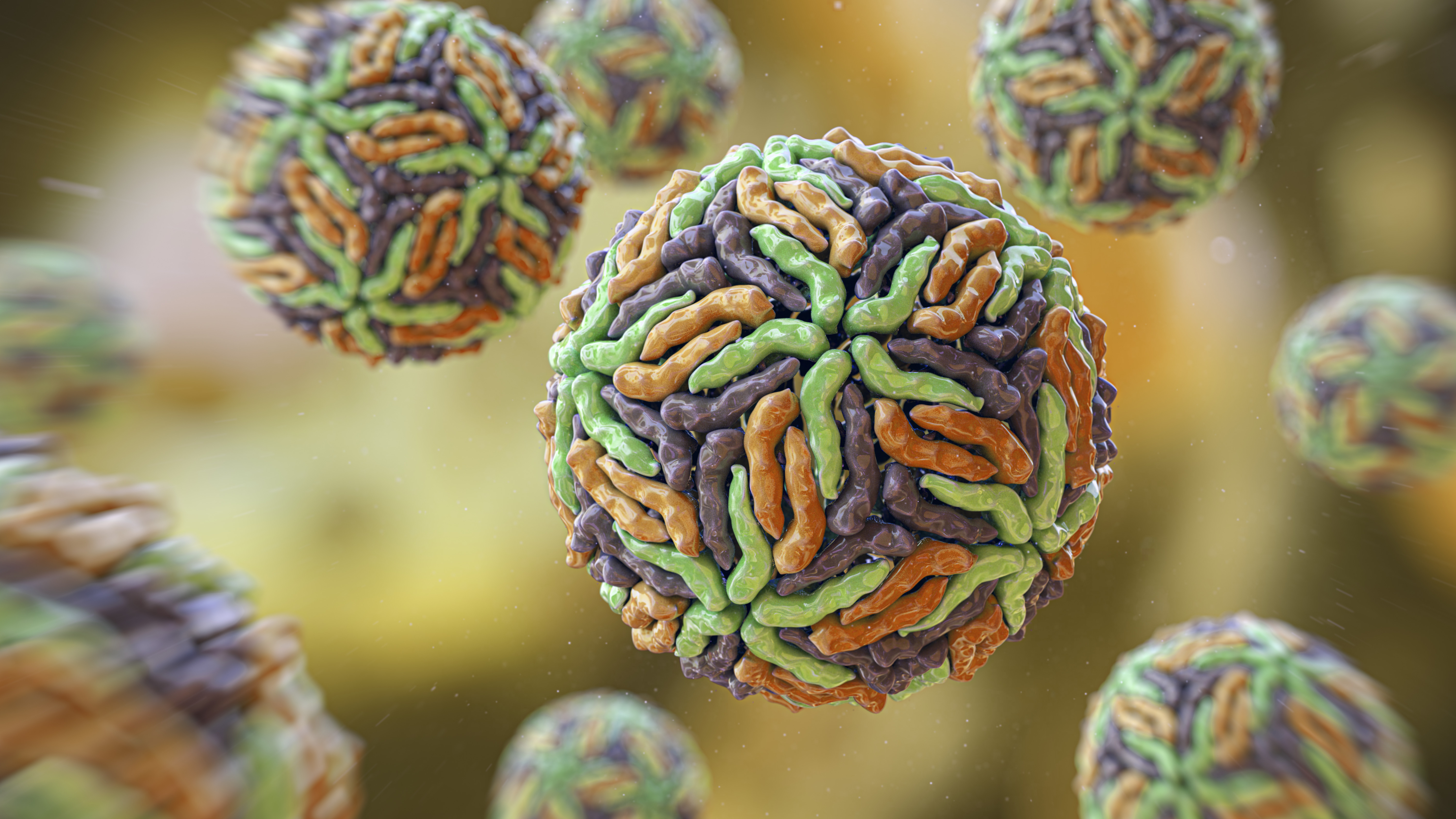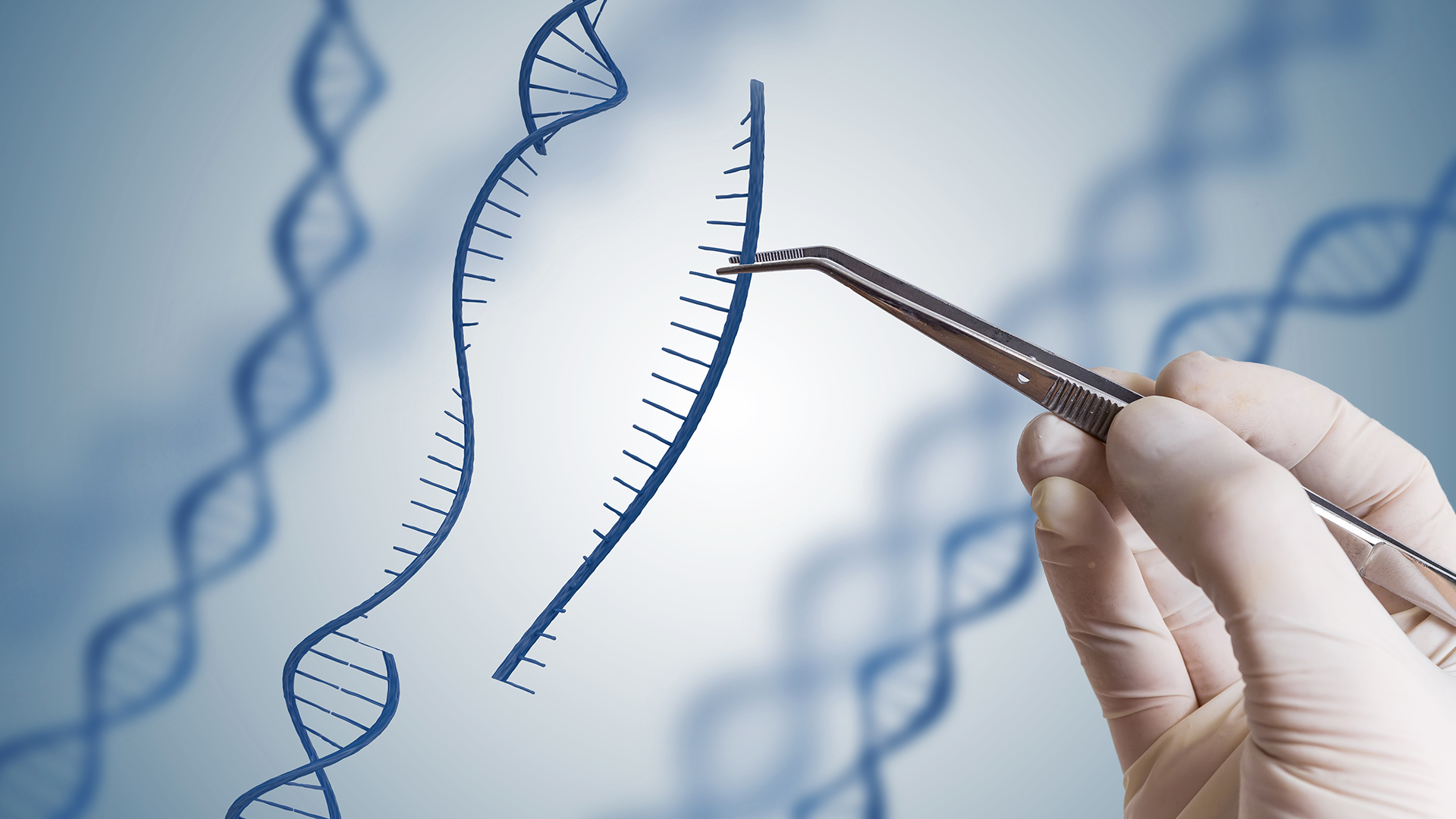
Jennifer Zieba
Jennifer Zieba earned her PhD in human genetics at the University of California, Los Angeles. She is currently a project scientist in the orthopedic surgery department at UCLA where she works on identifying mutations and possible treatments for rare genetic musculoskeletal disorders. Jen enjoys teaching and communicating complex scientific concepts to a wide audience and is a freelance writer for multiple online publications.
Latest articles by Jennifer Zieba

Epigenetic 'scars' on the genome can be passed down by grandmothers, study finds
By Jennifer Zieba published
In a story of collaboration and community, researchers identified intergenerational epigenetic changes caused by war and trauma in Syrian refugees.
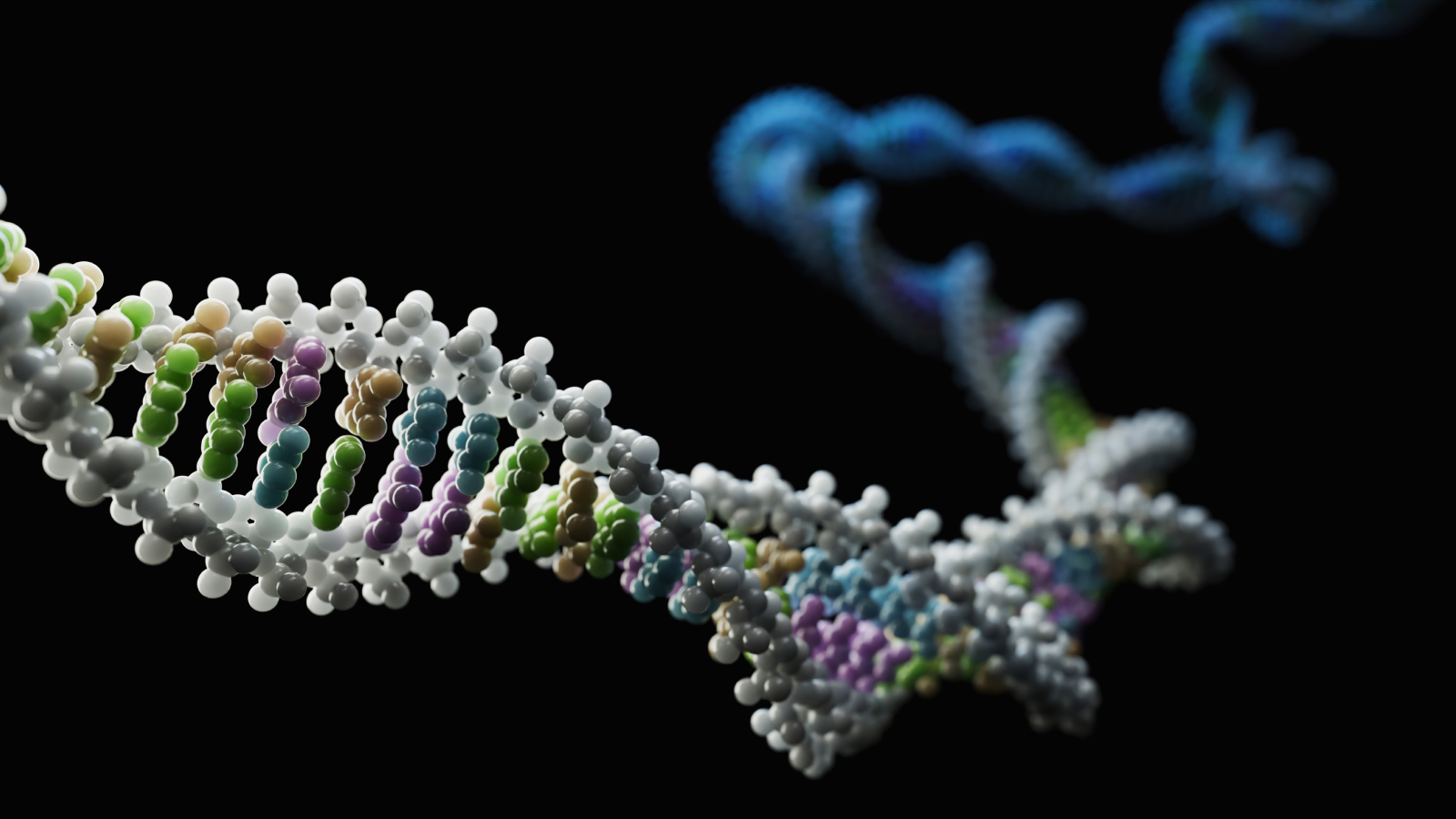
Scientists just rewrote our understanding of epigenetics
By Jennifer Zieba published
DNA and RNA epigenetics, once thought to be separate, have now been found to work together to fine-tune gene expression.
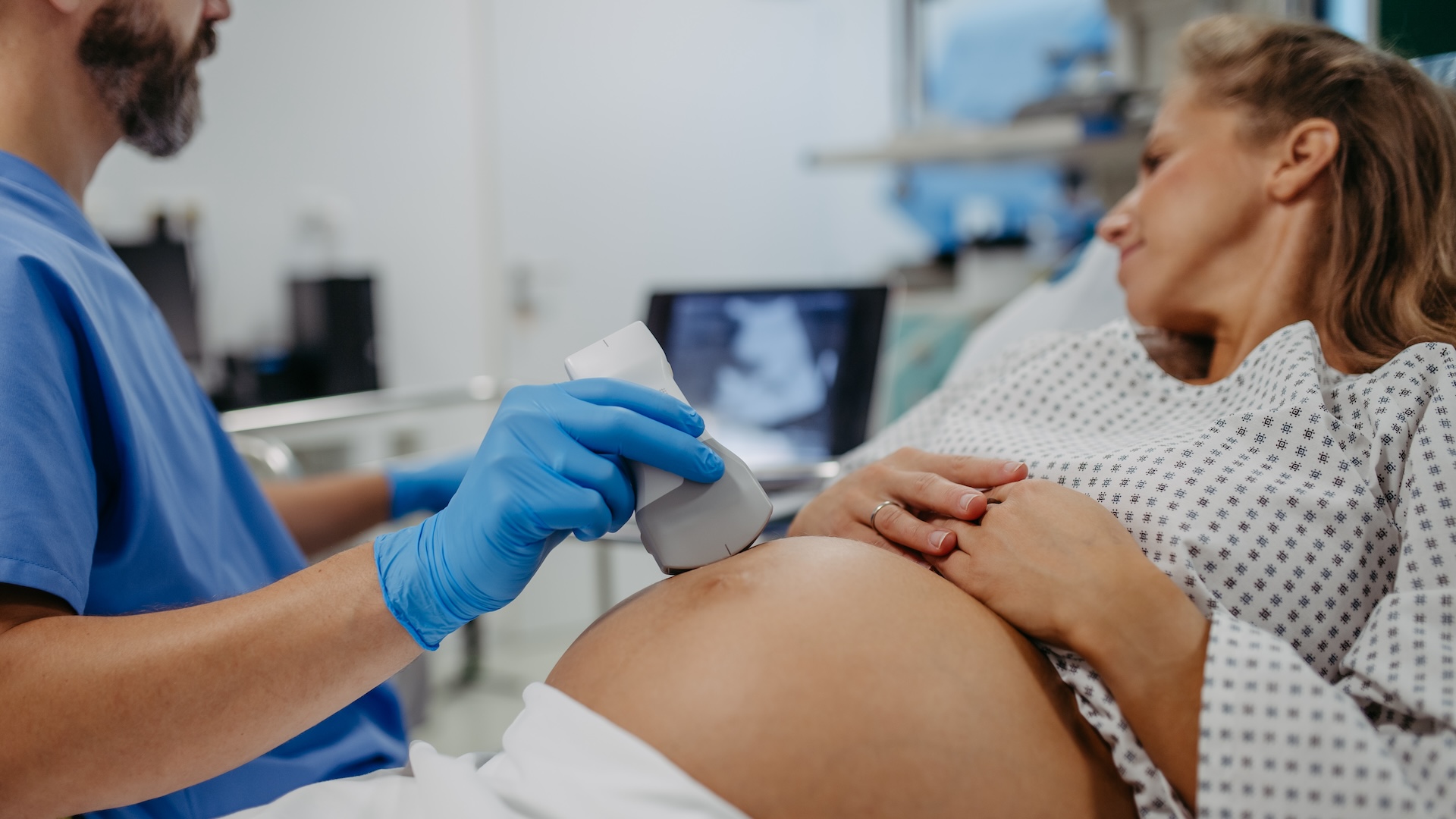
IVF may raise risk of certain disorders in babies — and epigenetic 'signatures' in the placenta could explain why
By Jennifer Zieba published
Researchers identified genes that could explain why some assisted reproductive technologies, like IVF, carry a higher risk of growth and metabolic issues in offspring.
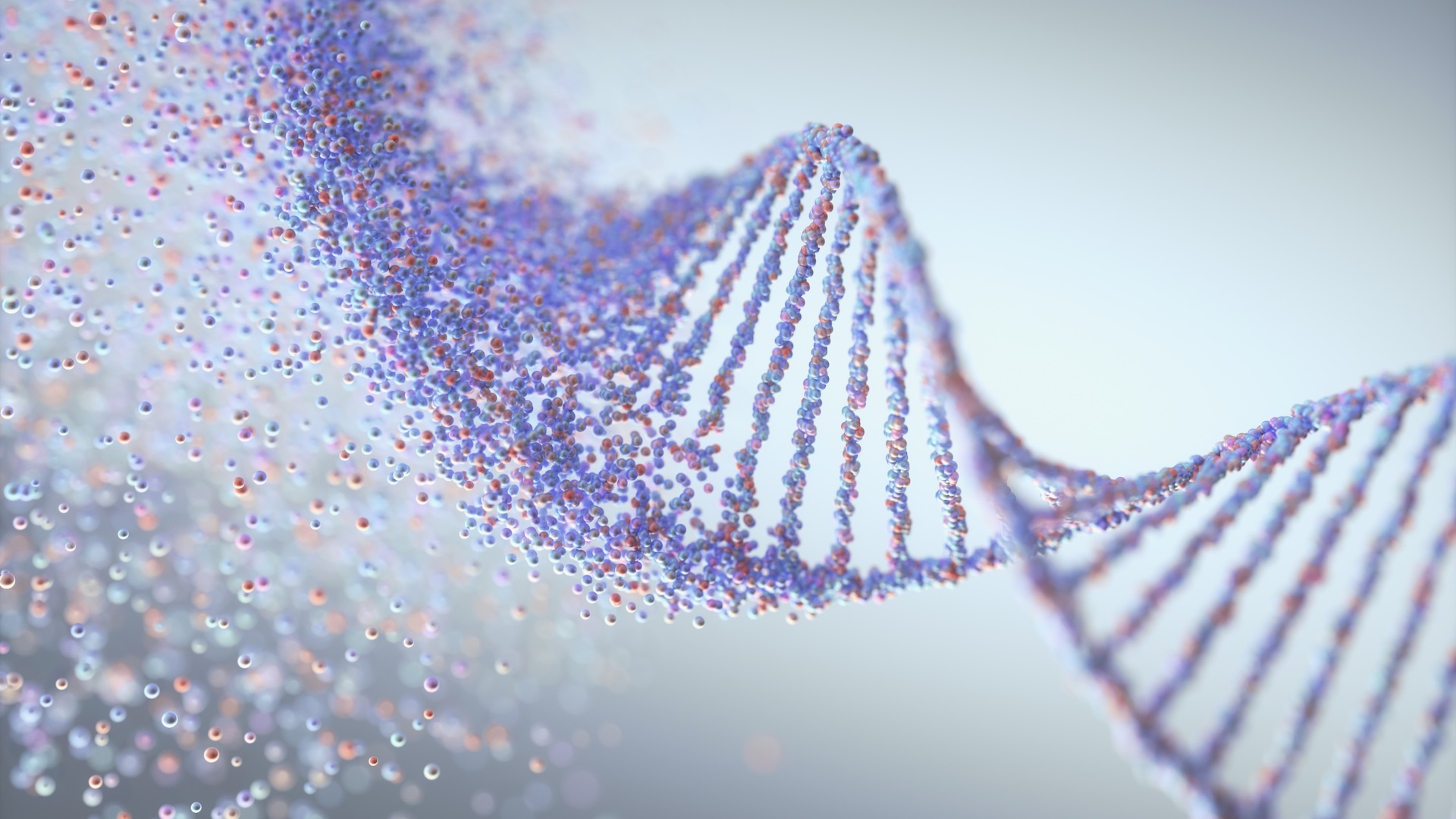
New CRISPR system pauses genes, rather than turning them off permanently
By Jennifer Zieba published
Researchers in Lithuania present the molecular structure of a new, more-versatile CRISPR system for gene editing.

24 brain networks kick in when you watch movies, study finds
By Jennifer Zieba published
Researchers created the most detailed map of the brain's functional networks using data from people watching movies, including "Inception," "Home Alone" and "Erin Brokovich."
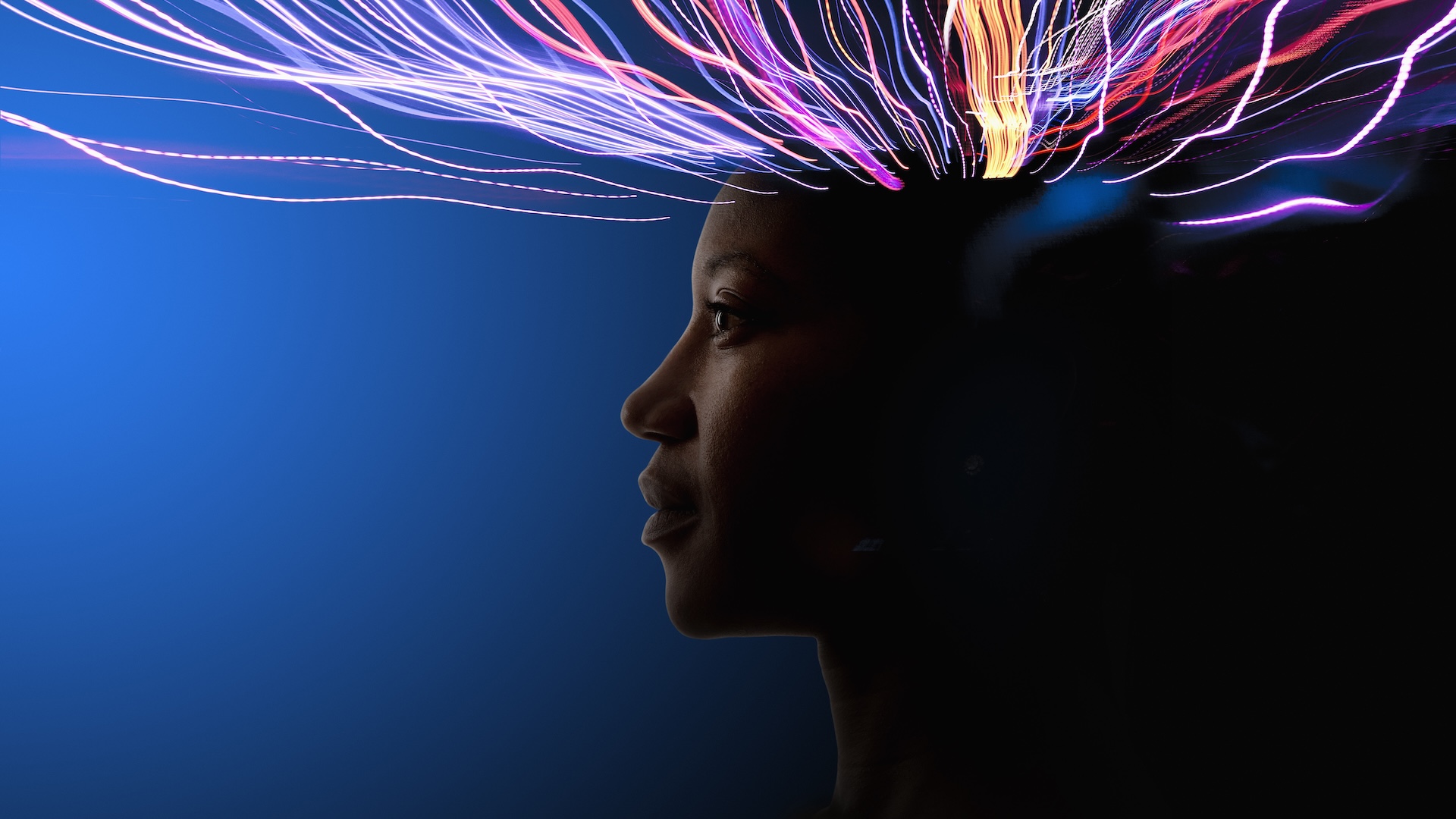
Study reveals how the brain divides days into 'movie scenes'
By Jennifer Zieba published
A recent brain-scan study sheds light on how people's brains divide continuous experiences into meaningful segments, like scenes in a movie.
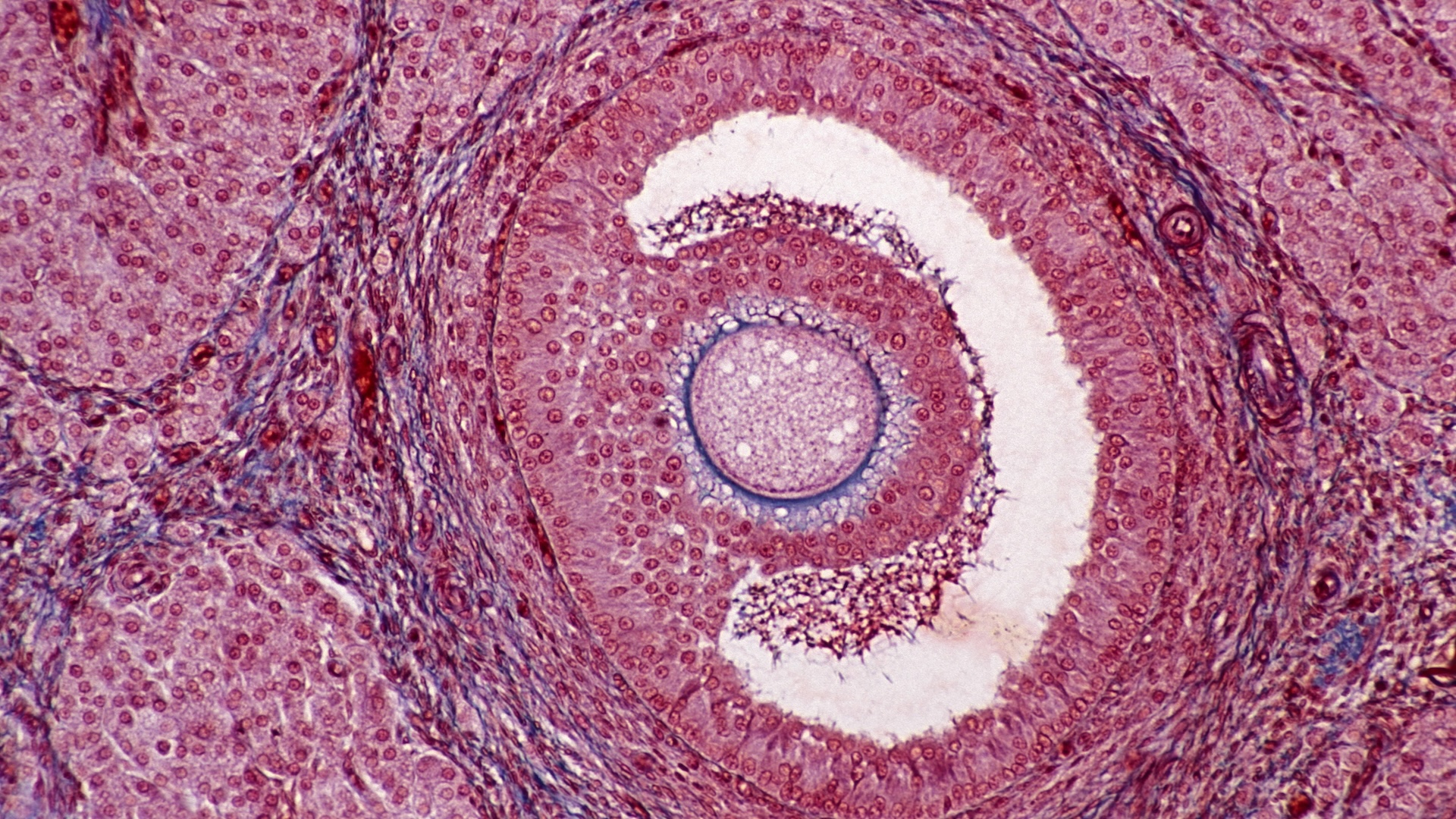
Scientists 'rejuvenate' the aged eggs of mice — is it possible in people?
By Jennifer Zieba published
Researchers have developed a method of reversing the aging process in mouse egg cells.
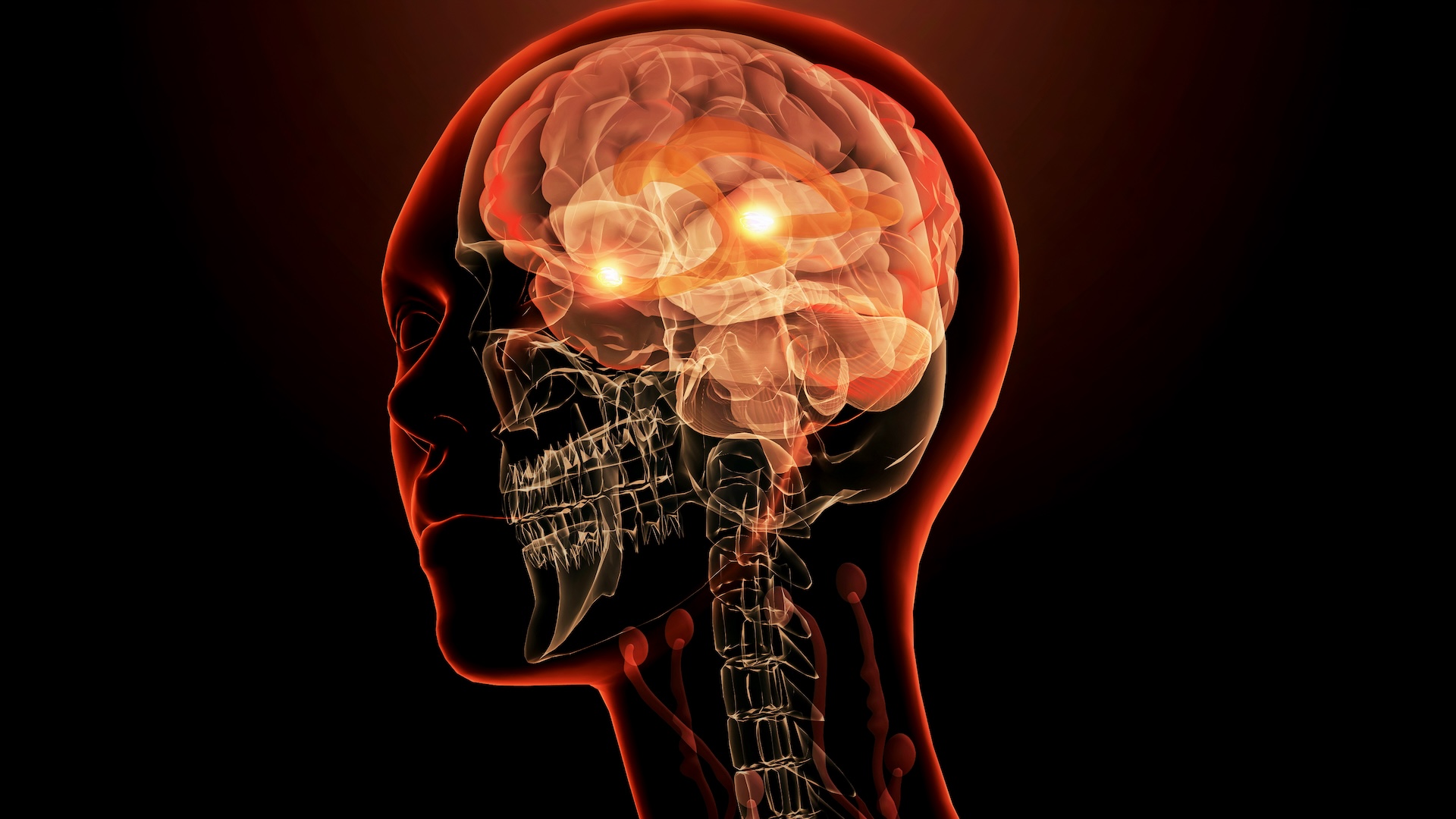
'This is largely uncharted territory': Scientists reveal the brain's 'fear circuit' works differently than we thought
By Jennifer Zieba published
New methods applied in live mice suggest that molecules called neuropeptides, not neurotransmitters, play the main role in our response to danger.

'Brain-eating' infections could become more common, scientists warn
By Jennifer Zieba published
Researchers think climate change will soon cause an increase in the incidence of Naegleria fowleri infections, a "brain-eating" disease.
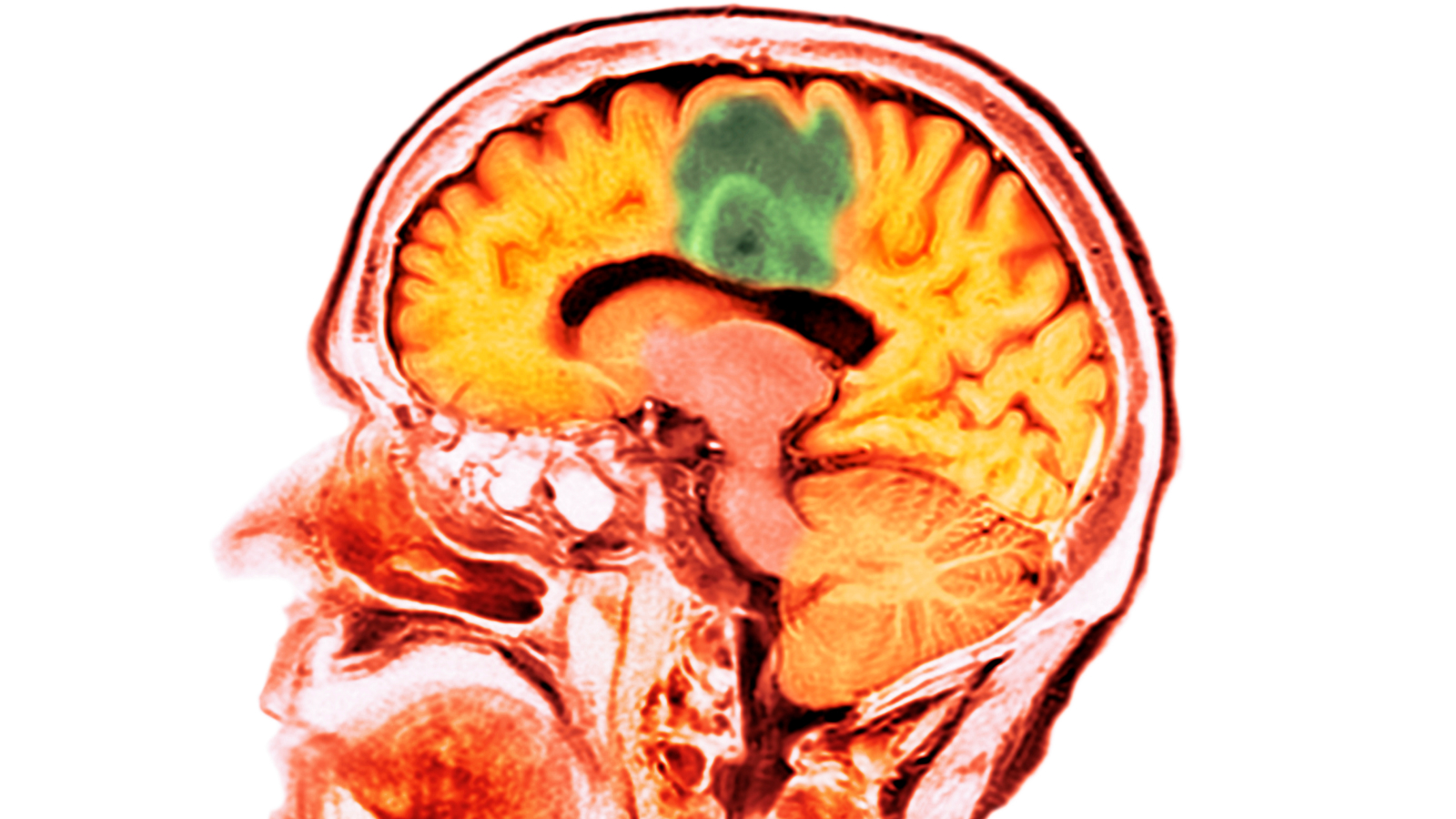
New mRNA vaccine for deadly brain cancer triggers a strong immune response
By Jennifer Zieba published
COVID-19 vaccine development paves way to a new class of cancer immunotherapy.
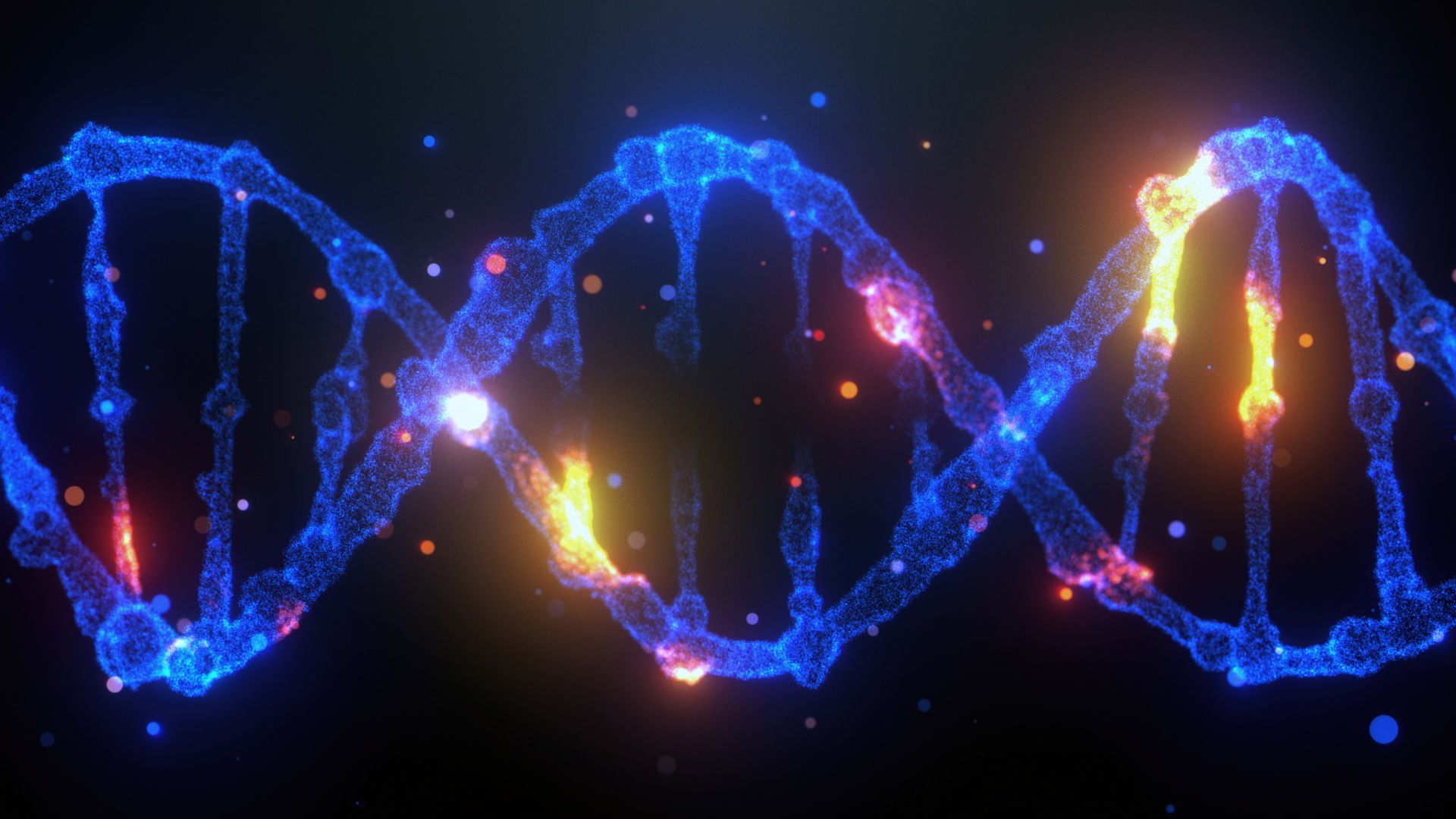
PTSD tied to 95 'risk hotspots' in the genome
By Jennifer Zieba published
In a group effort, scientists from all over the world came together to create a detailed map of the genetic causes behind PTSD.
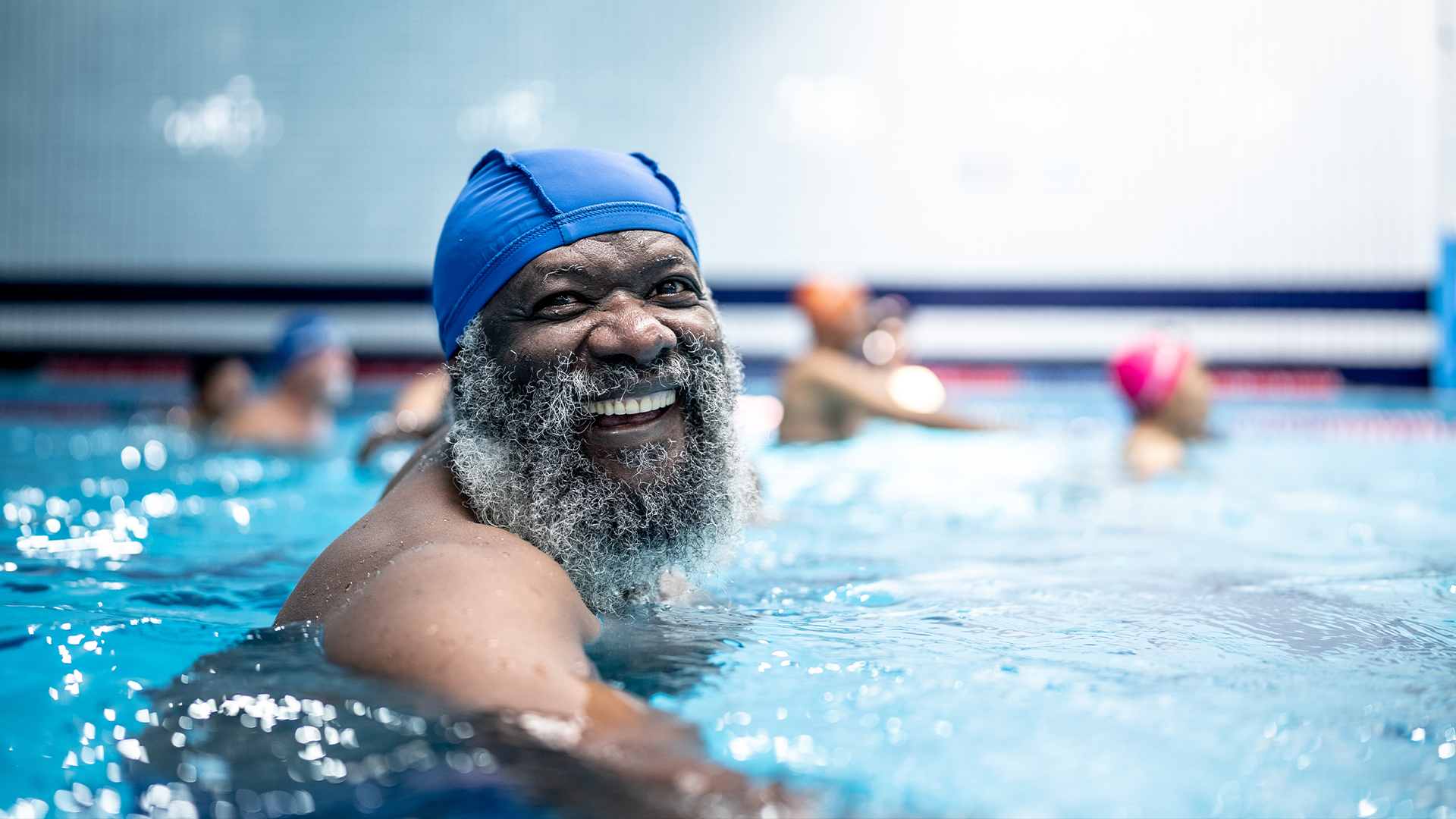
Exercise may reverse sign of aging by 'flushing' fat from muscle
By Jennifer Zieba published
Researchers say they've identified a kind of fat that plays a major role in aging and can be controlled with short-term exercise.
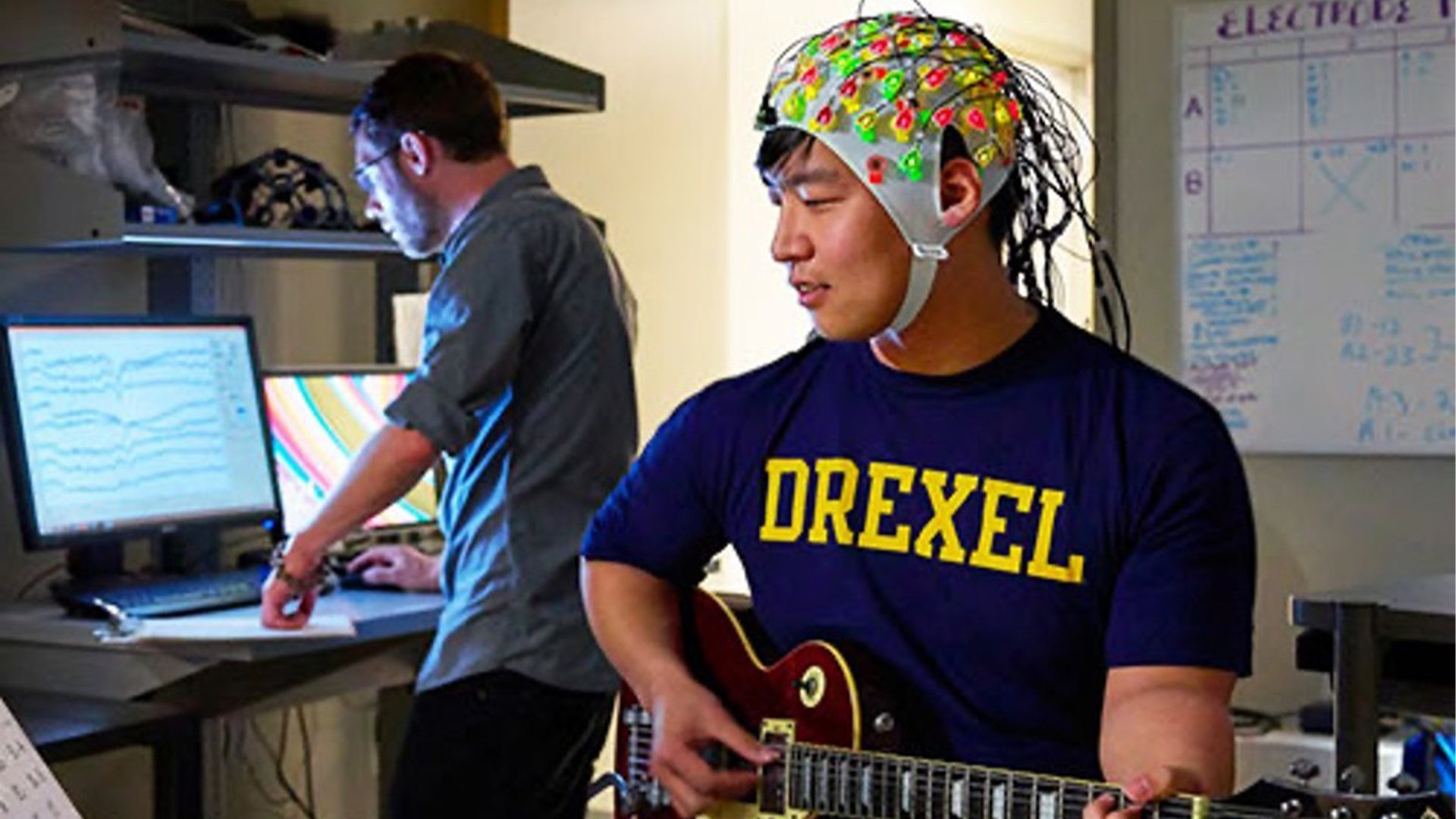
'Flow state' uncovered: We finally know what happens in the brain when you're 'in the zone'
By Jennifer Zieba published
Researchers say they've found the answer to competing hypotheses about how the brain functions in a "flow state."

We finally know why humans don't have tails
By Jennifer Zieba published
Researchers discover a potential genetic connection between humans' tail loss and a type of birth defect.

Gene mutation helps Andean highlanders thrive at altitude, and 'living fossil' fish live deep underwater
By Jennifer Zieba published
Researchers discovered an example of convergent evolution in the Peruvian and Tibetan highlander communities.
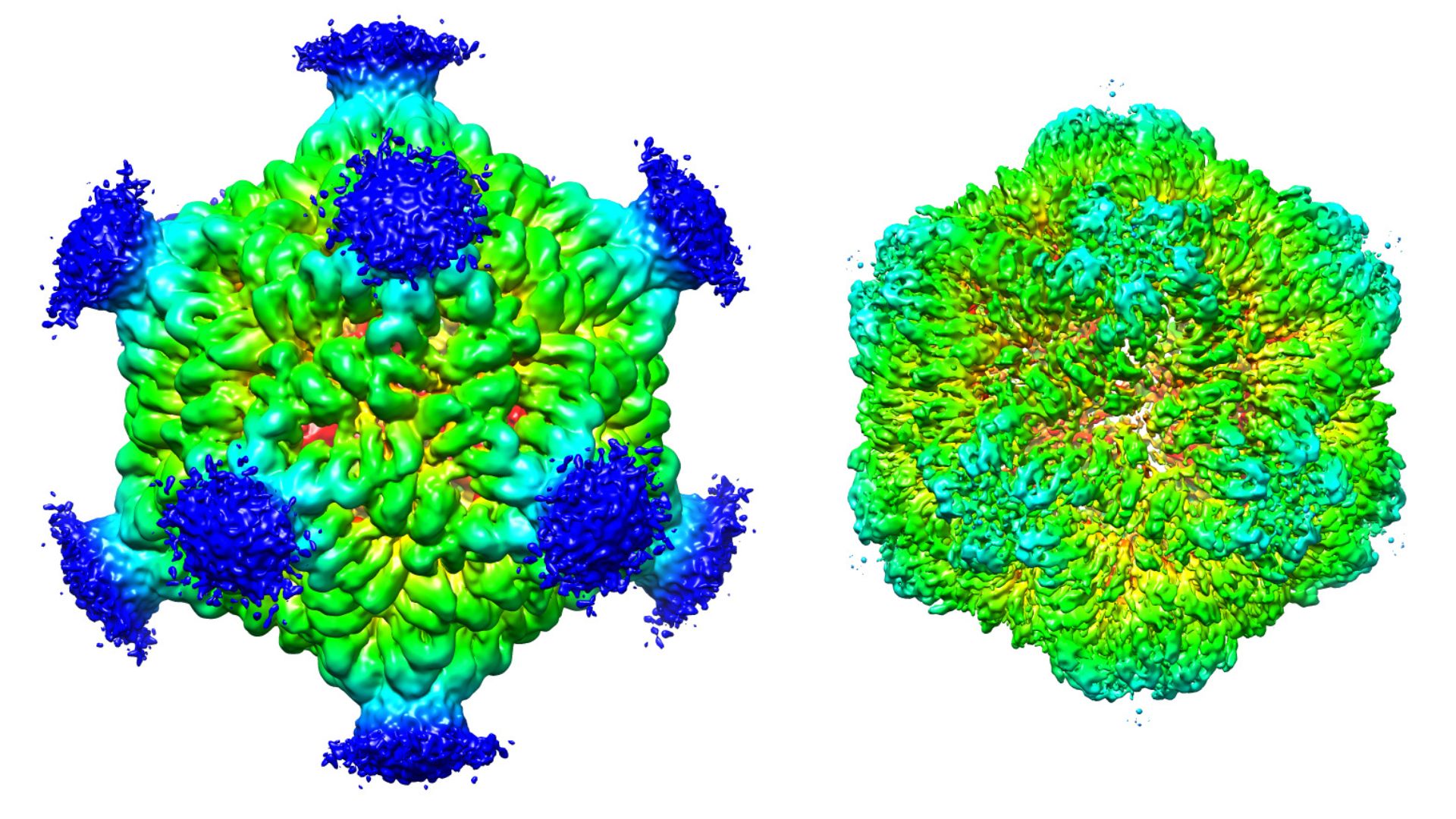
Cancer sometimes triggers sudden memory loss — now we might know why
By Jennifer Zieba published
A virus-like protein made by some tumors may be the culprit behind an enigmatic neurological syndrome in cancer patients.
Sign up for the Live Science daily newsletter now
Get the world’s most fascinating discoveries delivered straight to your inbox.
